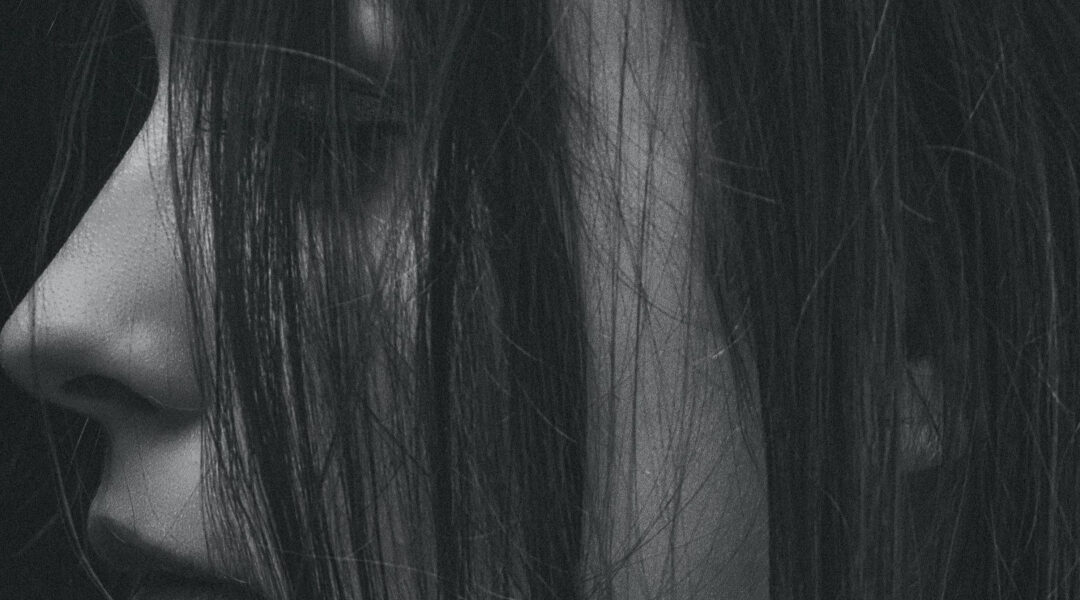Menopause is a natural phase of a woman’s life that brings about various changes in the body. While many people are familiar with symptoms like hot flashes and mood swings, there’s one aspect of menopause that is not often talked about – hair loss. We will explore the link between menopause and hair loss and provide you with some simple tips to manage this common concern.
Understanding Menopause and Hair Loss:
Menopause typically occurs between the ages of 45 and 55, marking the end of a woman’s reproductive years. During this time, the body undergoes hormonal changes, primarily a decrease in estrogen and progesterone levels. These hormonal fluctuations can impact various aspects of health, including hair.
The Connection Between Hormones and Hair:
To grasp the connection between menopause and hair loss, it’s essential to understand how hormones affect hair growth. Hair goes through a natural growth cycle, including a growth phase, a resting phase, and a shedding phase. Estrogen, one of the female sex hormones, plays a crucial role in extending the hair’s growth phase, making hair thicker and more robust.
As estrogen levels decline during menopause, the balance between hair growth and hair loss can be disrupted. This hormonal shift can lead to hair thinning, reduced hair volume, and increased hair shedding.
Managing Menopausal Hair Loss:
While hair loss during menopause can be distressing, there are several steps you can take to manage and minimize its impact on your life:
- Nourish Your Hair from Within:
- Maintain a balanced diet rich in vitamins, minerals, and proteins to support hair health.
- Consider consulting with a healthcare professional about supplements like biotin, which may promote hair growth.
- Gentle Hair Care:
- Use mild shampoos and conditioners that are sulfate-free to avoid further hair damage.
- Be gentle when brushing or styling your hair to prevent breakage.
- Heat Styling and Chemical Treatments:
- Limit the use of hot styling tools like straighteners and curling irons, as they can weaken hair.
- Avoid harsh chemical treatments, such as perms and bleaching, which can contribute to hair damage.
- Scalp Care:
- Keep your scalp healthy by maintaining good hygiene and using a mild, moisturizing scalp shampoo.
- Consult a Healthcare Professional:
- If hair loss is severe or causing significant distress, consult a healthcare professional or dermatologist for personalized guidance and treatment options.
- Consider Hormone Replacement Therapy (HRT):
- Hormone Replacement Therapy, under medical supervision, may help alleviate menopausal symptoms, including hair loss, by restoring hormonal balance.
Menopause can bring about many changes in a woman’s life, including hair loss due to hormonal fluctuations. Understanding the connection between menopause and hair loss is the first step in managing this common concern. By adopting a healthy lifestyle, gentle hair care practices, and seeking professional advice when needed, you can navigate menopausal hair loss with confidence and grace. Remember, you’re not alone in this journey, and there are ways to embrace your changing hair with self-assurance and resilience.

